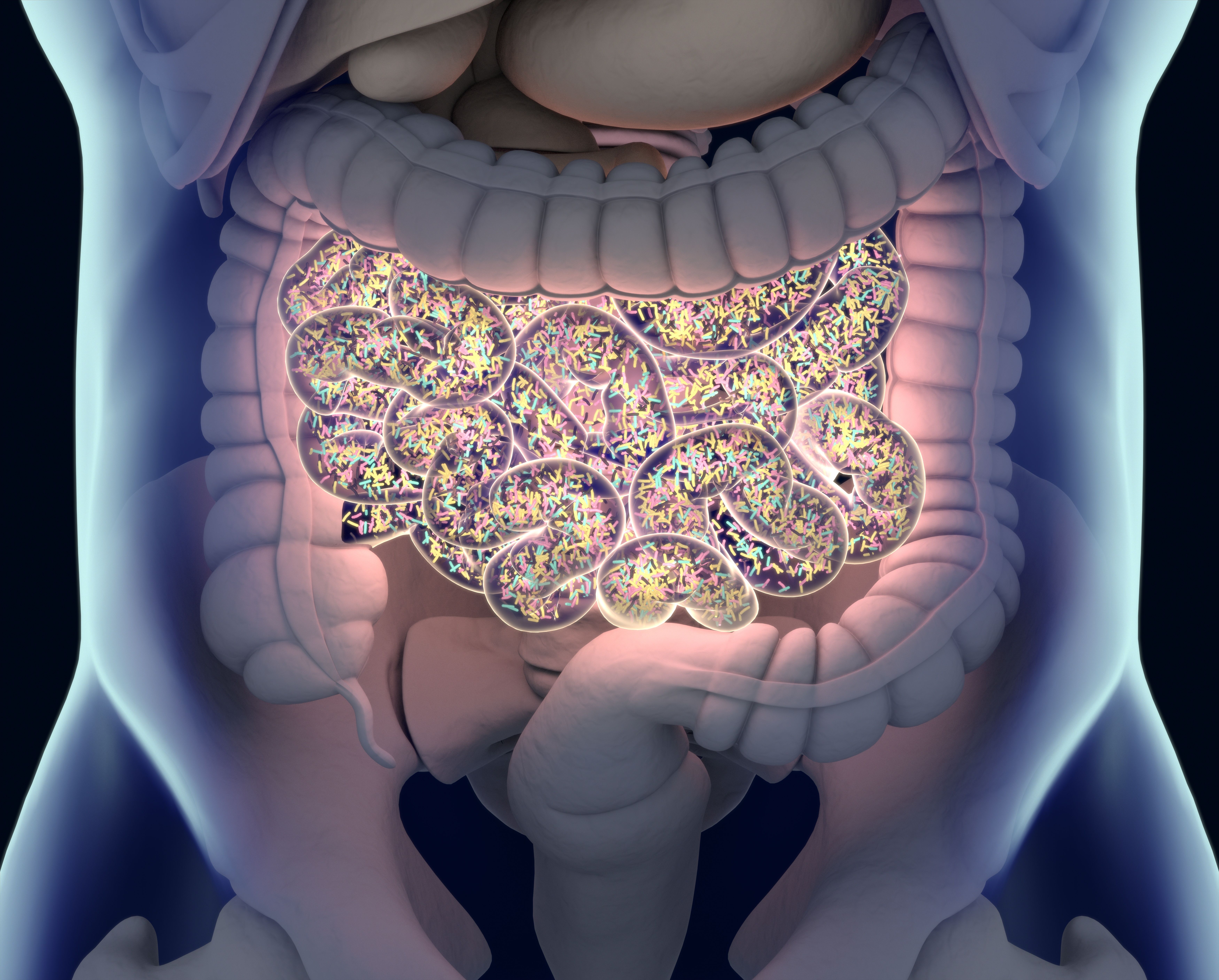Fruquintinib Combo Shows Early Activity in RAS/BRAF+ Metastatic CRC
At the time of analysis, the median progression-free survival was not reached with fruquintinib plus capecitabine in a phase 1/2 trial.
"Our preliminary results showed that the efficacy of fruquintinib combined with capecitabine is promising with well tolerance as maintenance therapy in RAS/BRAF wild-type mCRC,” according to lead study author, Kai Ou.

Early clinical activity and tolerability were reported in a small cohort of patients with RAS/BRAF wild-type metastatic colorectal cancer (mCRC) who received fruquintinib (Fruzaqla) in combination with capecitabine (Xeloda), according to data from a phase 1/2 study (NCT05016869) presented at the 2025 American Association for Cancer Research Annual Meeting.
At a median follow-up of 5.7 months, the median PFS was not reached among response-evaluable patients (n = 11; 95% CI, 4.1-not applicable [NA]), and 5 patients experienced disease progression. The disease control rate (DCR) was 90.9% (95% CI, 62.3%- 98.4%). Two patients experienced disease control lasting more than 430 days, and 1 patient was still on treatment at the time of study analysis. Overall survival (OS) data are not yet mature, and subsequent biomarker analyses related to drug activity are in progress.
Notably, 3 patients in both the 4 mg and 5 mg dosing groups did not report dose-limiting toxicities (DLT); as such, 5 mg daily on days 1 through 14 of each 3-week treatment cycle was identified as the recommended phase 2 dose (RP2D) of fruquintinib. Any-grade treatment-related adverse effects (TRAEs) occurred in 87.5% of patients. One patient experienced a grade 3 or higher TRAE of thrombocytopenia, but no serious TRAEs were reported. Four patients required fruquintinib dose reduction due to thrombocytopenia (n = 3) and gingival pain (n = 1).
“Our preliminary results showed that the efficacy of fruquintinib combined with capecitabine is promising with well tolerance as maintenance therapy in RAS/BRAF wild-type mCRC,” lead study author Kai Ou, a masters student at the National Cancer Center/National Clinical Research Center for Cancer/Cancer Hospital, Chinese Academy of Medical Sciences and Peking Union Medical College, in Beijing, China, and colleagues wrote in a poster presentation of the data.
Phase 1/2 Study Rationale and Design
Continuous first-line administration of cetuximab plus chemotherapy in patients with RAS/BRAF wild-type mCRC can lead to cumulative cutaneous toxicities and acquired resistance. However, the optimal maintenance therapy strategy for this patient population has yet to be determined.
This study was accordingly designed to assess the safety and efficacy of a maintenance regimen combining an oral VEGFR-1/2/3 inhibitor with capecitabine in patients with RAS/BRAF wild-type, unresectable, advanced metastatic colorectal adenocarcinoma. Patients must be between 18 and 75 years of age, have an ECOG performance status of 0 to 1, and have previously achieved disease control, defined as a complete response, partial response, or stable disease, after up to 8 cycles of first-line chemotherapy and cetuximab.
In the dose escalation phase, which employs a 3 + 3 design, patients receive oral fruquintinib at escalating daily doses of 3 mg, 4mg, and 5 mg for 2 weeks on/1 week off every 3 weeks; and 1000 mg/m² of capecitabine twice daily on days 1 through 14 of each cycle every 3 weeks.
In the dose-expansion phase, patients will receive fruquintinib at the RP2D alongside capecitabine on the same dosing schedule. Treatment will continue until disease progression, death, or withdrawal of informed consent. Investigators plan to enroll approximately 30 patients onto this portion of the study.
The primary end points of the dose-escalation phase are DLTs and identification of the RP2D; progression-free survival serves as the primary end point of the dose expansion phase. Secondary end points include overall response rate, DCR, OS, and safety.
As of the data cutoff of January 5, 2025, a total of 16 patients were enrolled onto the dose-escalation (n = 6) and dose-expansion (n = 10) portions. The median age in the overall population was 61 years (range, 39-69), and most patients were male (75%). Primary tumor locations included the sigmoid colon (81.3%) and rectum (18.7%). A total of 18.8% of patients had 2 or more metastatic sites; these included the liver (37.5%), peritoneum (25.0%), and distal lymph node (31.3%).
Reference
Ou K, Cao B, Yang W, et al. Phase Ib/II study of fruquintinib (F) combined with capecitabine (C) as maintenance therapy (MT) for RAS/BRAF wild-type metastatic colorectal cancer (mCRC) after first-line treatment with cetuximab combined with chemotherapy. Presented at: 2025 AACR Annual Meeting; April 25-30, 2025; Chicago, IL. Abstract CT222.